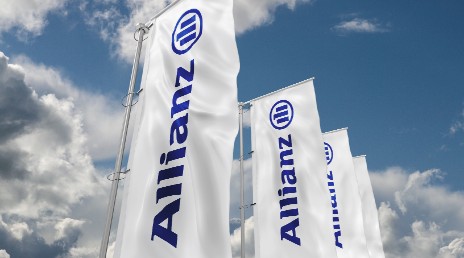Over the past twelve months the UK has faced a number of unsettling economic changes. We’ve entered into a recession, experienced national fuel shortages and are in the midst of an energy crisis.
The cost of living has also increased dramatically and police departments are under ever-increasing pressure, so it should come as no surprise that as a consequence theft is on the rise.
Motor theft
Commonly criminals are targeting cars with keyless technology, and ‘key hacking’ or ‘relay theft’ where criminals attack the car’s in-built locking systems by scanning the signal from the key fob and then using it to unlock the car.
However, despite the rise in this type of crime, a staggering 50% of drivers don’t take measures to protect their keys4. It can take just seconds for thieves to break into a vehicle using this method, and even if they don’t end up taking the car, once they’re in they can take any valuables that are left inside.
Over recent years, catalytic converter theft has also become a major problem for UK motorists. Catalytic converters have a chamber within them that houses various precious metals, and thieves have been targeting these vehicles for the precious metal within the catalytic converter, and cutting it from the exhaust line.

5 things to consider to help prevent motor theft
The information contained in this press release relates to Allianz Insurance plc. Allianz Insurance plc is one of the largest general insurers in the UK and part of the Allianz Group.
About Allianz Holdings plc
Allianz Holdings plc is the non-regulated holding company which owns the principal insurance operations of Allianz SE in Great Britain.
About Allianz
The Allianz Group is one of the world's leading insurers and asset managers with more than 100 million* private and corporate customers in more than 70 countries. Allianz customers benefit from a broad range of personal and corporate insurance services, ranging from property, life and health insurance to assistance services to credit insurance and global business insurance. Allianz is one of the world’s largest investors, managing 790 billion euros on behalf of its insurance customers. Furthermore, our asset managers PIMCO and Allianz Global Investors manage 1.7 trillion euros of third-party assets. Thanks to our systematic integration of ecological and social criteria in our business processes and investment decisions, we are amongst the leaders in the insurance industry in the Dow Jones Sustainability Index. In 2021, over 150,000 employees achieved total revenues of 148.5 billion euros and an operating profit of 13.4 billion euros for the group.
These assessments are, as always, subject to the disclaimer provided below.
Cautionary note regarding forward-looking statements
This document includes forward-looking statements, such as prospects or expectations, that are based on management's current views and assumptions and subject to known and unknown risks and uncertainties. Actual results, performance figures, or events may differ significantly from those expressed or implied in such forward-looking statements. Deviations may arise due to changes in factors including, but not limited to, the following: (i) the general economic and competitive situation in the Allianz Group's core business and core markets, (ii) the performance of financial markets (in particular market volatility, liquidity, and credit events), (iii) the frequency and severity of insured loss events, including those resulting from natural catastrophes, and the development of loss expenses, (iv) mortality and morbidity levels and trends, (v) persistency levels, (vi) particularly in the banking business, the extent of credit defaults, (vii) interest rate levels, (viii) currency exchange rates, most notably the EUR/USD exchange rate, (ix) changes in laws and regulations, including tax regulations, (x) the impact of acquisitions including and related integration issues and reorganization measures, and (xi) the general competitive conditions that, in each individual case, apply at a local, regional, national, and/or global level. Many of these changes can be exacerbated by terrorist activities.
No duty to update
The Allianz Group assumes no obligation to update any information or forward-looking statement contained herein, save for any information we are required to disclose by law.
*Including non-consolidated entities with Allianz customers.




























